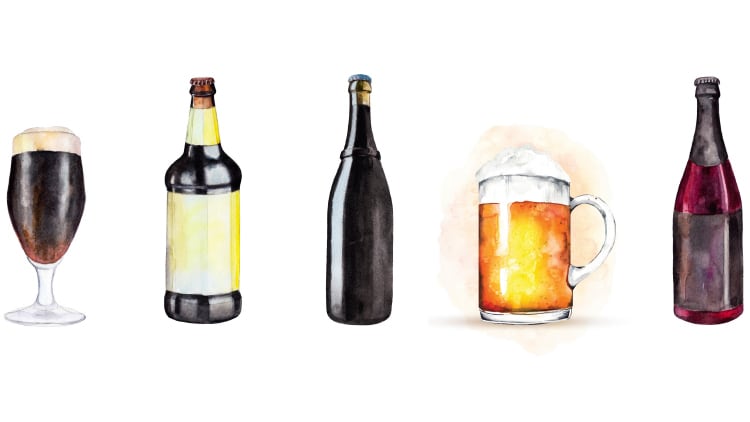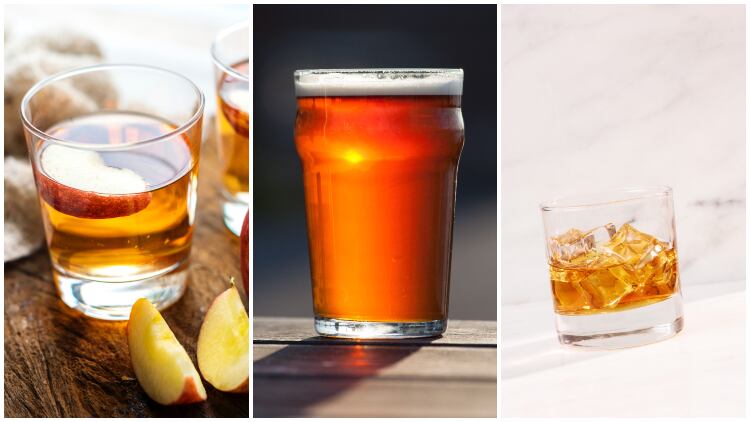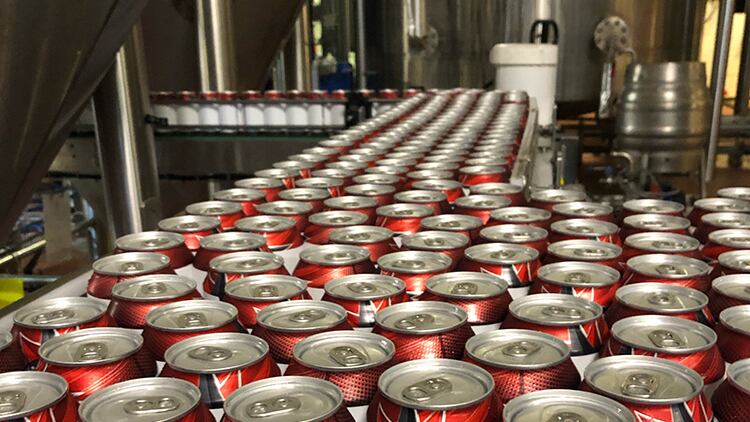It is often said there has never been a better time to be a beer drinker in the UK. In many ways, this statement is an accurate one: the number of breweries opening in the past 10 years has sky rocketed (the total figure now stands somewhere around 2,000), while there is a greater availability and range of beer styles present in pubs and bars across the country than ever before.
Even the larger pub companies are now cottoning on to the fact that the 21st century beer drinker desires variety, and are loosening their grip on the beers available for sale in their sites to entice more ‘craft-curious’ consumers.
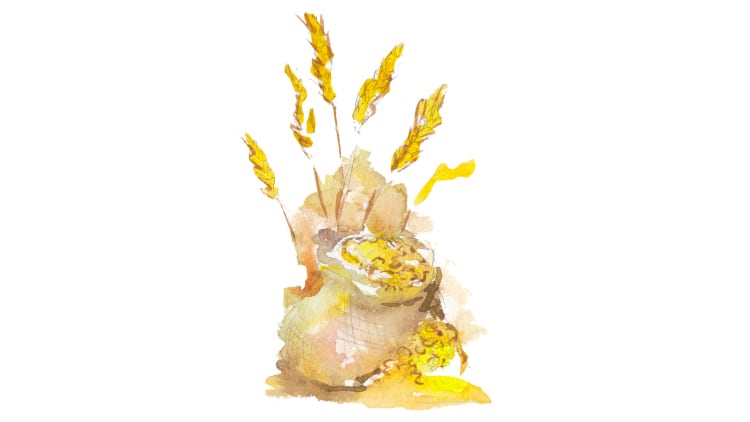
However, the difficulty for pubs is knowing how to stand out in an increasingly competitive marketplace.
A key trend driving the craft beer revolution has been the search for locality and authenticity. In all walks of life, many consumers are now willing to try products they’ve never had before and are particularly seeking locally made products – and beer is no exception in this regard.
A recent study by the Society of Independent Brewers (SIBA) showed that more than 60% of drinkers care about where their beer is brewed, and over half like ‘drinking local beer’.
One option available to pubs, therefore, is to investigate the possibility of brewing their own beer to sell on-site.
While micropubs or ‘brewpubs’ are not themselves new concepts, the renewed consumer interest in locality, and the introduction of tax relief for small breweries in 2002, has made it easier than ever for venues to start producing and selling their own beer at their own premises.
Someone who knows a thing or two about setting up a brewpub is Jamie Hawksworth. As well as establishing a successful beer importing and distribution business (Pivovar), the Derbyshire businessman has opened a spate of popular pubs across the UK including Pivni (York), the Sheffield Tap (Sheffield) and the Euston Tap (London).
Two years after opening the Sheffield Tap, Hawksworth saw the potential to install a small four brewers’ barrels (4BBL) brewing kit into the back of the venue. The bar and the brewery were a huge success and a second brewpub specialising in brewing Czech-inspired lagers and Pilsners (Tapped Leeds) was soon added to the Pivovar portfolio.
Quality guaranteed
On the subject of why the brewpub concept is so appealing to both operators and drinkers, Hawksworth points towards the importance of being able to ensure quality from grain to glass.
“The bottom line is that fresh beer tastes great and there is no fresher than at the brewery itself,” he says. “Cold chain is incredibly important to beer quality along with miles travelled from the brewery.
Beer quality is the foremost important factor and by opening a brewery on-site, quality can be assured.”
Nevertheless, there are several major factors pubs ought to consider prior to making the plunge and buying a shiny new brewery, not least of which are what size kit to get, and who exactly is going to brew the beer.
Hawksworth trained at Strahov Monastry in Prague after years of homebrewing, but he still employs dedicated brewers at his two brewpubs.
“Brewers are like chefs in the kitchen – just because you can cook doesn’t mean you are capable of creating delicious food,” he explains. “Quality comes from repeating brews and becoming more productive and consistent.”
The size of brewkit purchased is likely to depend very much on the size of your venue. One piece of advice Pete Holt, owner of Howling Hops Brewery in east London (which started out in the basement of the Cock Tavern pub in Hackney) gives is to overestimate the amount of space you’ll need for active brewing operations.
“We totally under-estimated how much room we would need,” he says.
“It’s not just a case of fitting the tanks in with a bit of space around them. We had several pallets of empty casks, several pallets of full ones, as well as malt, hops and other ingredients. Cask washing and filling also takes up a lot of room – sometimes we had eight types of beers on the bar. At around 15 casks per brew, any empty floor space soon fills up.”
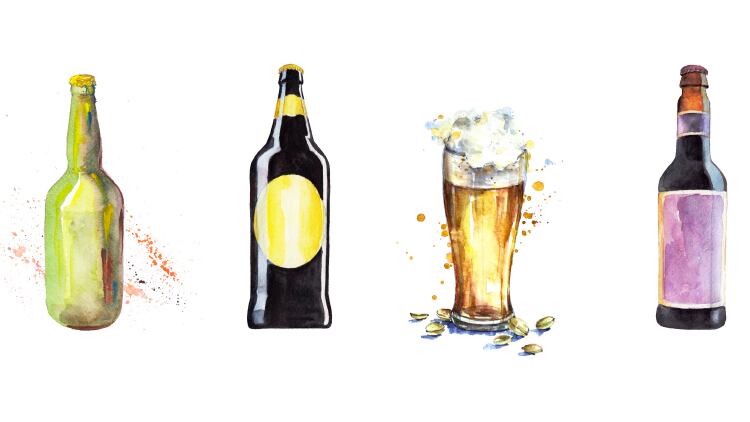
Hawksworth agrees fitting equipment in can be a challenge, but urges venues not to forget the need to get customers through the door.
“A pub is prime retail space and, as such, subject to high business rates and rental costs,” he explains.
“If I were to give sufficient floor space to our brewpubs then there would be more space for the brewer than the customer, which clearly isn’t good business sense.”
Both the Cock Tavern and the Sheffield Tap started out with 4BBL-sized kits (large enough to produce about 1,000 pints of beer from a single brew) and neither venue would advocate starting out much smaller than this volume.
“That decision was easy as Jasper from Camden Town Brewery was getting rid of his old kit from the Horseshoe pub at the time,” Holt explains. “It happened to be the perfect size for our cellar, although we did have to buy some extra fermenters.
“I wouldn’t go much smaller unless the pub is tiny. It’s pretty much the same amount of work regardless of the brew length.”
If you can’t afford – or don’t have the space – to invest in your own brewing equipment, one alternative available to pubs is to partner with a nearby brewery, either by producing a unique exclusive beer or working together for the benefit of both enterprises. The Pembury Tavern in Hackney is run by The Five Points Brewing Company, giving the pub early access to new releases from the brewery.
“We’re in a really lucky position to be able to get Five Points releases before anyone else,” explains general manager Pete Walker. “We have a core range of five of the brewery’s beers on the bar, as well as one seasonal cask and two to three seasonal kegs as well.
“Having a direct line to the sales and dray team is also a massive help with the day-to-day running of the pub. I can arrange deliveries from other breweries and large goods to be dropped at the warehouse and brought to up via our own fleet.”
Ultimately, brewing your own beer or partnering with a local brewery provides a unique selling point to visitors, which could be the edge some pubs need to stand out from the competition.
Just be prepared to muck in and get your hands dirty.

